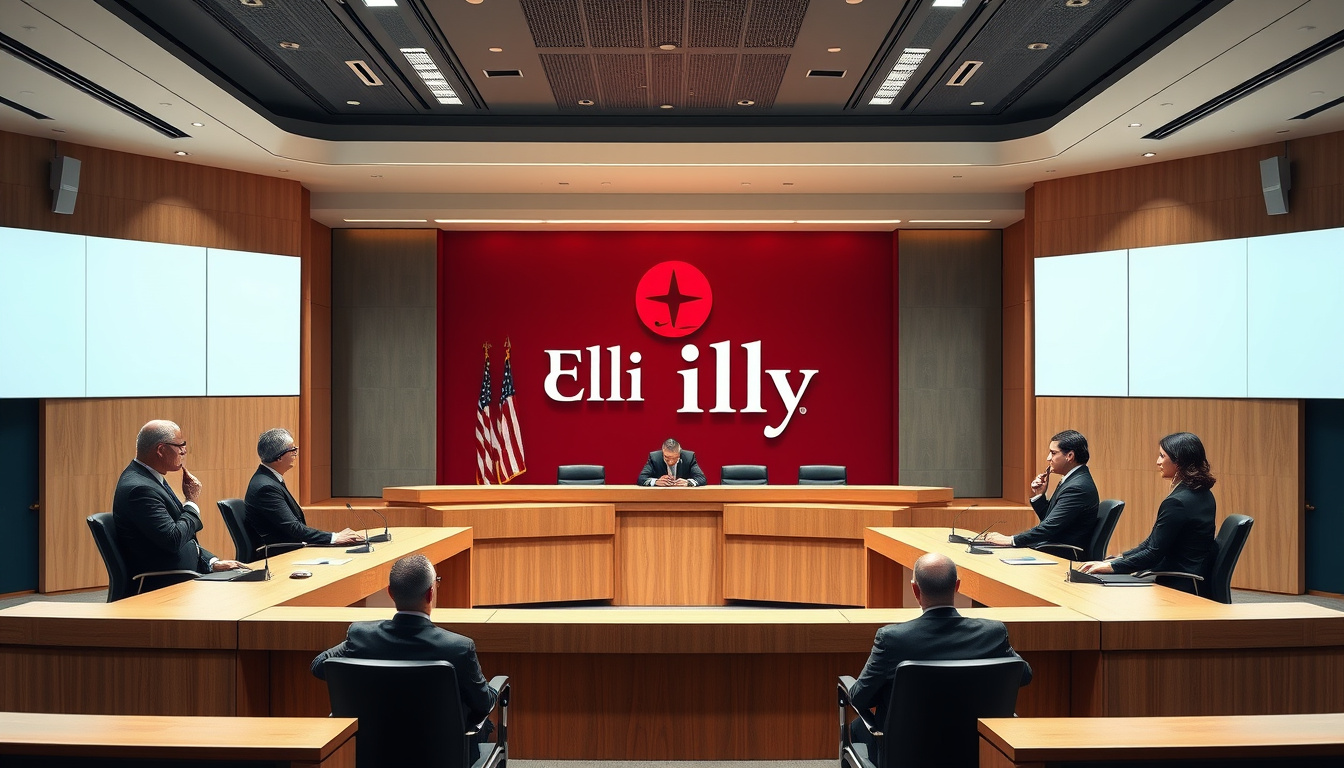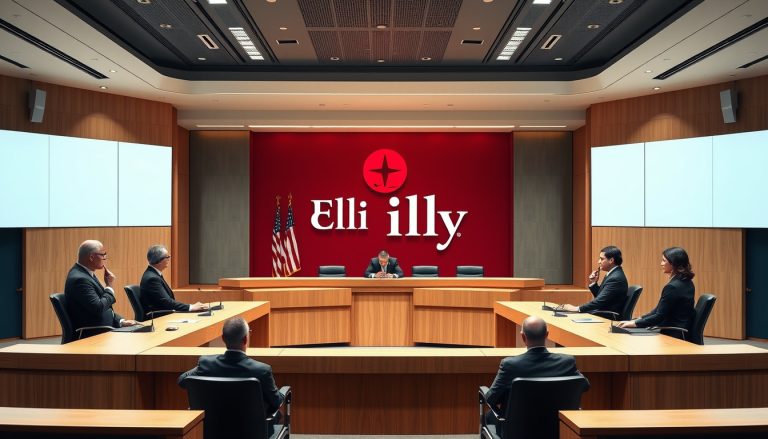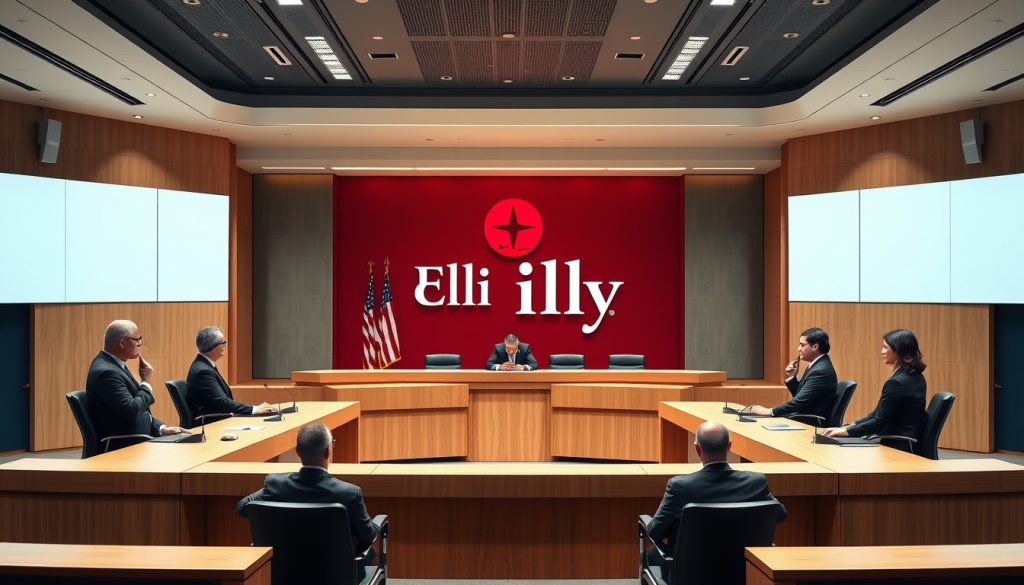In a decisive move to safeguard its innovations and uphold the integrity of its products, Eli Lilly has launched legal proceedings against four telehealth companies involved in the sale of compounded tirzepatide.
This is particularly significant since tirzepatide is a novel GLP-1 receptor agonist designed for diabetes management, with its efficacy and safety firmly established through rigorous clinical trials.
By taking action against these telehealth firms, Eli Lilly not only seeks to protect its intellectual property but also reinforces the importance of compliance with regulatory standards in pharmaceutical sales.
This development raises essential questions about the growing role of telehealth in the biopharma landscape and the regulatory challenges posed by compounded medications.

Key Takeaways
- Eli Lilly is legally challenging telehealth firms over the unauthorized sale of compounded tirzepatide.
- The lawsuits highlight Eli Lilly’s commitment to protecting its intellectual property rights.
- These actions may impact the telehealth industry and the practices of compounding pharmacies.
Overview of Eli Lilly’s Legal Actions
Eli Lilly, a global leader in biopharmaceuticals, has recently stepped up its legal efforts to safeguard its intellectual property by initiating lawsuits against four telehealth companies.
These companies are accused of marketing compounded versions of tirzepatide, a GLP-1 receptor agonist approved for the treatment of type 2 diabetes.
This latest round of litigation mirrors earlier actions taken by Eli Lilly against two prominent compounding pharmacies, emphasizing the company’s unwavering dedication to compliance with regulatory standards and the integrity of its product offerings.
By pursuing these legal avenues, Eli Lilly aims not only to protect its innovations but also to ensure that patients receive safe and effective treatments as intended.
Implications for Telehealth and Compounding Pharmacies
The legal actions undertaken by Eli Lilly against telehealth platforms and compounding pharmacies reflect growing concerns within the biopharma industry regarding the quality and safety of compounded medications.
Compounding pharmacies often play a valuable role by preparing customized medications for patients; however, regulatory compliance is paramount to ensure these drugs’ efficacy and safety.
Eli Lilly’s decision to pursue these lawsuits highlights the critical balance that must be maintained between innovation and accountability in the healthcare system.
As telehealth platforms become increasingly integral to patient care, ensuring that they adhere to compliance regulations is essential, particularly when it involves the utilization of prescription medications like tirzepatide.
This situation not only underscores Eli Lilly’s proactive stance on intellectual property protection but also raises pivotal questions about the future of telehealth and its relationship with compounding pharmacies in the evolving landscape of patient treatment options.















